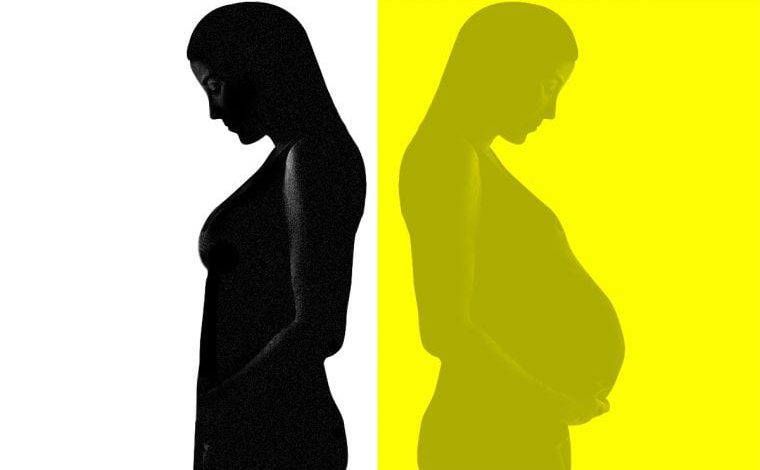Phantom pregnancy: Symptoms, causes and treatment
Did you know you could have all the pregnancy symptoms, plus a growing belly, and not be pregnant? This rare condition is known as phantom pregnancy or clinically as Pseudocyesis.

Did you know you could have all the pregnancy symptoms, plus a growing belly, and not be pregnant? This rare condition is known as phantom pregnancy or clinically as Pseudocyesis.
The American Psychiatric Assoiation (APA) defines pseudocyesis as:
“false belief of being pregnant that is associated with objective signs and reported symptoms of pregnancy, which may include abdominal enlargement, reduced menstrual flow, amenorrhea, Sensation of fetal movement, nausea, breast engorgement, and labor pains at the expected date of delivery”
Studies have shown that cases of pseudocyesis are frequent in rural areas, owing to low levels of education and exposure to information. Moreover, women in rural areas have little access to modern medical technology, such as ultrasounds, that allows doctors to monitor the health of an unborn baby.
Cultural practices have also contributed to high rates of phantom pregnancies in villages where some women prefer being handled by midwives to preserve their culture throughout the pregnancy.
As a result, most women do not realise that they are not really pregnant. On the contrary, women in urban areas who have access to better medical care can tell early if they have a phantom pregnancy.
Symptoms
When a woman suffers from pseudocyesis, she experiences signs just as she would a normal pregnancy. The most common symptom of pseudocyesis is an enlarged abdomen similar to a baby bump but without a baby inside. Symptoms of this condition include;
· Missed periods
· Frequent urination
· Tender breasts
· Morning sickness
· Enlarged uterus
· Lactation
· False labor
Source: flo health
Causes of pseudocyesis
Pseudocyesis is mostly a result of psychological process. The condition occurs when a woman desires to, or fears the possibility of being pregnant that she convinces herself she is. The thought process leading to a phantom pregnancy can be influenced by:
Infertility
In certain communities, a woman’s worth is measured by her ability to conceive and after marriage, the demands for a child come flowing. When a woman cannot get pregnant, pressure from those around her makes her desire to be pregnant and might result in the condition.
Multiple miscarriages
Dealing with a miscarriage is difficult and can result to emotional distress. You tend to imagine your child surviving and wish for a successful pregnancy. Such wishful thinking might make one actually believe they are pregnant.
Treatment
Phantom pregnancy is difficult to treat since it is a psychological condition. The woman has to be convinced that she is not pregnant. This is such a delicate situation because expectant mothers look forward to meeting their babies and telling them there isn’t any can be devastating. However, with emotional help, they can work around the realization and rid the condition.
Featured Image: The Swaddle




